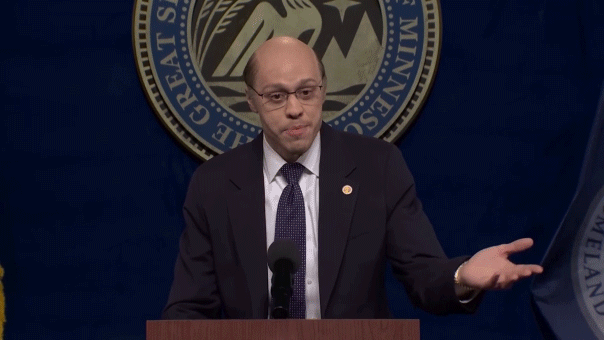Twitter flags nonprofit's post on military ballots
Catherine Engelbrecht, True the Vote founder, on the integrity of mail-in voting being under scrutiny.
Twitter users have expressed concern over a new feature that the social media giant is testing in an apparent effort to crack down on the spread of misinformation.
Several users shared screenshots Thursday of a warning that appeared on their devices while they were attempting to retweet an article posted by another user.
The warning read, "Headlines don't tell the full story. You can read the article on Twitter before Retweeting."
Former Parkland student Kyle Kashuv alerted his followers when he attempted to share an anti-Trump New York Times op-ed from 2016 that was shared by C-SPAN political editor Steve Scully, who will moderate the scheduled Oct. 15 presidential debate between the president and Democrat Joe Biden.
TWITTER TEMPORARILY SUSPENDS LIBERAL JOURNALIST AFTER QUOTING JOE BIDEN GAFFE
"Never seen this feature before. Twitter’s in full damage control mode," Kashuv alleged.
The Hill's Joe Concha made a similar observation about CNN's fact-check on New York Gov. Andrew Cuomo, as did Fox News senior meteorologist Janice Dean, who called out Twitter after one of her followers attempted to retweet an op-ed she had written and shared about the Democrat's handling of the coronavirus.
TWITTER STANDS BY AS CHINESE MEDIA THREATENS TAIWAN LEADER, CRITICS SAY
"Wow. A story I WROTE being promoted by ME is getting a warning from @Twitter before people can retweet. What a complete joke," Dean reacted.
A Twitter spokesperson said Friday that the warning is part of a "prompt experiment" that has affected a limited group of users on Andriod as well as iOS.
"The prompt appears if we notice that you haven't tapped the link when you try to Retweet or Quote Tweet an article. If you've read it already, you can tap Retweet or Quote Tweet on the prompt," the spokesperson told Fox News.
CLICK HERE TO GET THE FOX NEWS APP
Brandon Borrman, Twitter's vice president of global communications, further explained, "Doesn't matter what the content is, or who published. If it seems like you didn't click on the link, and you're in the test, we'll ask you if you want to read it 1st."
"We've actually seen some great early results in the Android test -- a lot more people opened articles before they RTed them," Borrman wrote in a Twitter thread on Thursday evening. "Will this stay? Will we expand? That's what the test is for.
"Why? Because sometimes people RT based on a headline and don't know that the article doesn't say what they thought it did. We think the prompt will help avoid that. We'll see if it works. Thus...The Test."









































